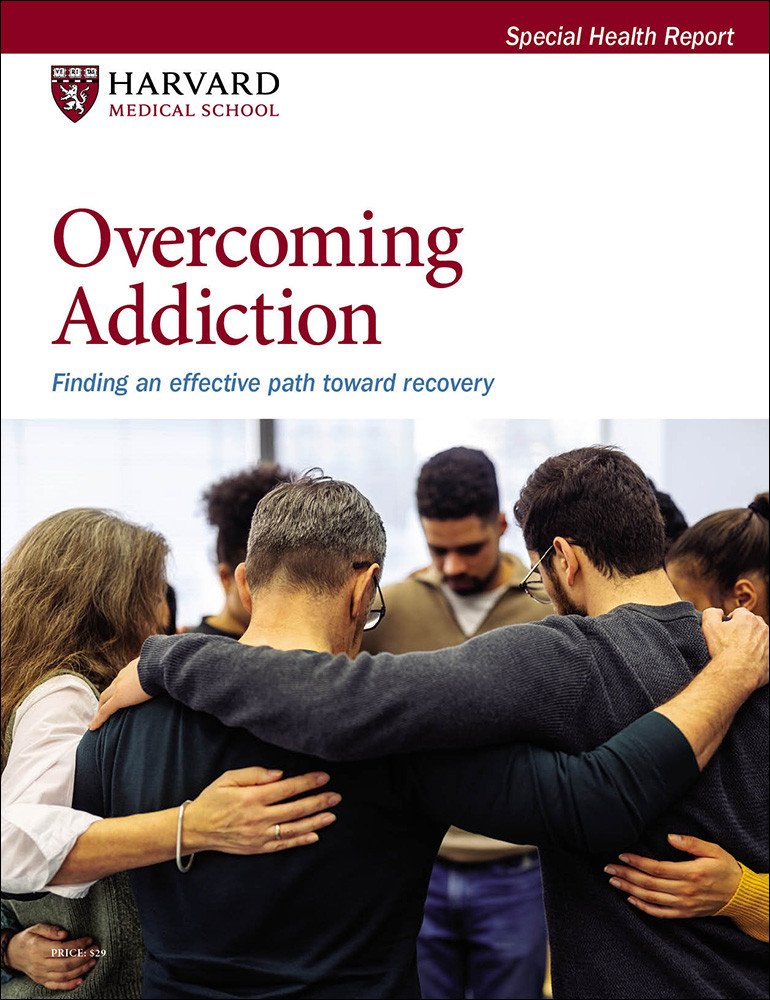Are you ready to change?
You may be concerned about your situation, but are you ready to take action? Start by considering the costs and benefits of addressing your substance use disorder. Research shows that people who escape addiction are usually motivated by one or more of these serious costs: loss of health, loss of a loved one, or loss of a job. But don’t think only about the negative aspects of drinking or taking drugs. One important step to recovery involves understanding what you get from your substance use and how you might achieve the same benefit through less harmful means.
Unless problems are so severe that it’s obvious addictive behaviors are in urgent need of change, experts recommend doing an informal cost-benefit analysis, such as the one in Table 1. This example focuses on using drugs, but the same approach can apply to any addiction. Make a chart using your own addiction and your own costs and benefits and the importance of each answer. Do the benefits of continued use or participation outweigh the costs?
Is it worth the cost?Substance use provides compelling rewards, but at a cost. One step toward recovery is figuring out not only the rewards and costs of the behavior, but the potential rewards and costs of quitting. |
|
|
Benefits of avoiding drugs |
Benefits of using drugs |
|
|
|
Costs of not using drugs |
Costs of using drugs |
|
|












